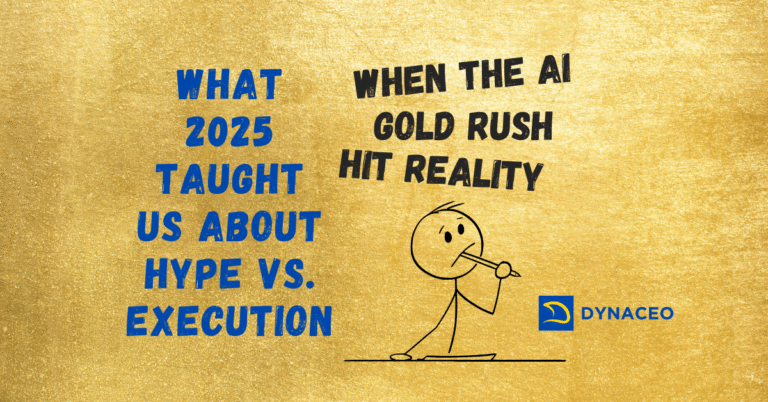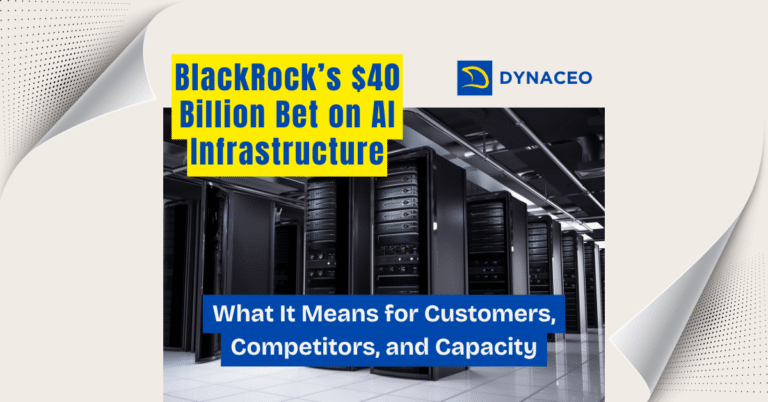The UAE has announced a groundbreaking investment of €30–50 billion to build a massive AI campus in France, marking one of the largest AI infrastructure projects in Europe. This initiative, unveiled during an AI summit in Paris, includes the construction of a gigawatt-scale data center, which will be the largest of its kind in Europe. The project is a strategic collaboration between French and Emirati entities, including the UAE-backed MGX investment fund, aiming to position France as a global leader in AI innovation and infrastructure.
The AI campus will focus on research, talent development, chip manufacturing, and establishing sovereign AI and cloud infrastructures. France has identified 35 potential sites for fast-tracked development, with the final location to be announced soon. This investment complements other significant commitments in France’s AI sector, such as Brookfield’s €20 billion for data centers and Bpifrance’s €10 billion for AI startups. The country already boasts over 1,000 AI startups and ranks sixth globally in data center capacity.
Meanwhile, Germany faces challenges in translating its strong AI research into practical applications due to bureaucratic hurdles, underinvestment, and regulatory constraints. Analysts highlight Germany’s struggles to retain talent and secure venture capital, which has left it lagging behind global leaders like the U.S. and China in AI innovation.
The UAE’s decision to invest up to €50 billion in an AI campus in France, rather than Germany, highlights key differences in how the two countries approach AI development and investment. Here’s an analysis of why France was perhaps chosen, the challenges Germany faces, and the broader implications for innovation and competitiveness.
Contents
Why Did the UAE Choose France Over Germany?
- Proactive Leadership and Vision:
- French President Emmanuel Macron has actively positioned France as a global AI hub through initiatives like the Choose France Summit and strategic partnerships with countries like the UAE.
- France has streamlined administrative processes, identifying 35 fast-track sites for data center construction, which appeals to investors seeking efficiency.
- Energy Advantage:
- France generates 65% of its electricity from nuclear power and 25% from renewables, offering a stable, low-carbon energy supply for power-intensive AI data centers. This aligns with global sustainability goals.
- AI Ecosystem Strength:
- France is home to prominent AI startups like Mistral.AI, which develops competitive large language models. This ecosystem attracts foreign investment looking to tap into cutting-edge innovation.
- Strategic Partnerships:
- The UAE’s MGX fund has already collaborated with French entities on AI infrastructure projects, making France a natural partner for further investments.
- Global AI Summit:
- The timing of the announcement coincides with France hosting a major international AI summit, showcasing its commitment to becoming a leader in the field.
Germany’s Challenges in Attracting AI Investments
- Bureaucracy and Overregulation:
- Germany’s strict regulatory environment and slow approval processes make it less attractive for large-scale investments compared to France’s fast-track approach.
- Fragmented AI Adoption:
- Despite strong AI research institutions, Germany struggles to translate research into industry applications, particularly in manufacturing and other key sectors.
- Talent Drain:
- Many highly trained German AI professionals leave for better opportunities abroad due to limited local support for startups and innovation ecosystems.
- Energy Concerns:
- Germany’s reliance on coal and gas for energy generation creates uncertainty about meeting the sustainability requirements of modern data centers.
- Risk Aversion:
- German companies are often cautious about adopting emerging technologies like generative AI, focusing on incremental improvements rather than bold innovations.
Implications for Innovation and Competitiveness
France’s Competitive Edge
- By securing this investment, France strengthens its position as a leader in Europe’s AI race. The UAE partnership will boost its capabilities in semiconductors, talent development, and sovereign cloud infrastructures.
- The collaboration also enhances France’s ability to compete with US and Chinese tech giants by focusing on sustainable infrastructure and cutting-edge research.
Germany’s Risk of Falling Behind
- Without addressing its regulatory bottlenecks, talent retention issues, and slow adoption rates, Germany risks losing its competitive edge in key industries like automotive and manufacturing that rely heavily on AI advancements.
- However, German companies are beginning to ramp up investments in generative AI, signaling potential for growth if governance and strategy gaps are addressed.
Conclusion
The UAE’s investment in France reflects a preference for agility, vision, and sustainability—areas where Germany currently lags. If Germany wants to attract similar mega-investments, it must streamline its regulatory processes, foster innovation ecosystems, and adopt a more proactive approach to integrating AI into its industries. Without these changes, Germany risks being overshadowed as Europe’s leading tech hub while countries like France take the lead in shaping the future of AI.








